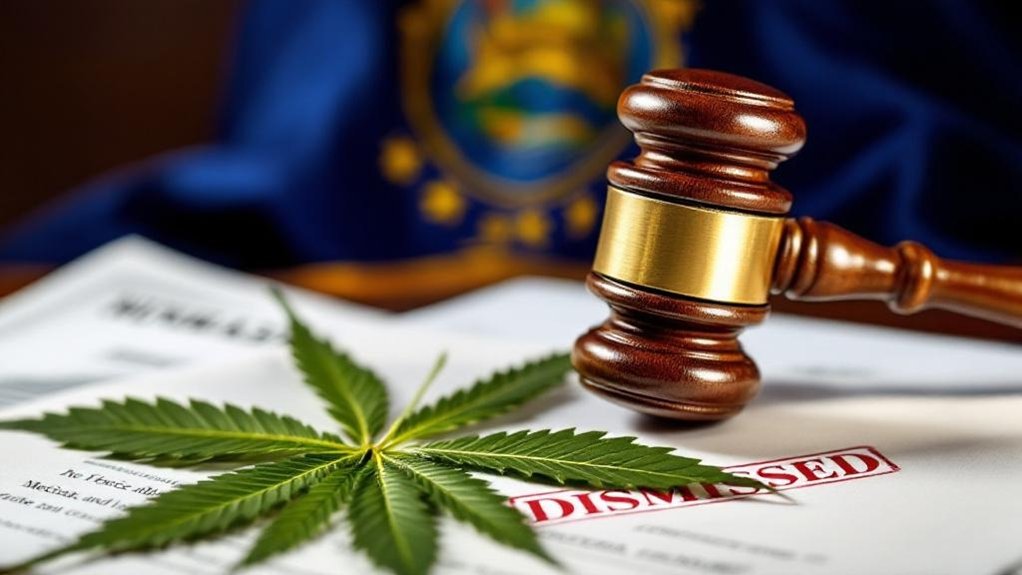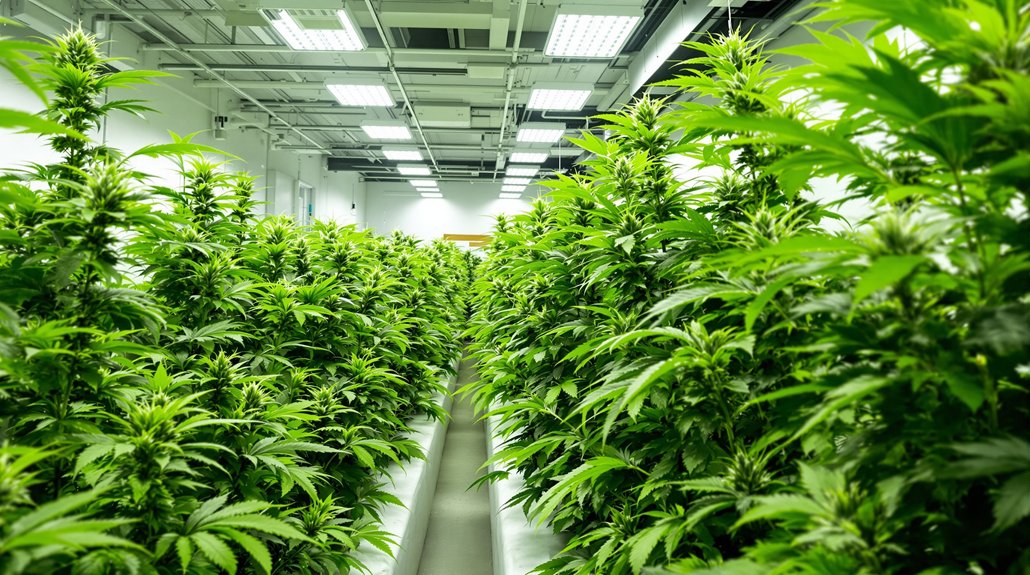As Minnesota’s recreational cannabis legalization takes full effect, thirteen municipalities across the state are pursuing an unprecedented approach to retail cannabis sales through government-owned dispensaries. Cities including Anoka, Blaine, Buffalo, Byron, Elk River, Grand Rapids, Lauderdale, Mounds View, St. Anthony Village, St. Joseph, Osseo, Owatonna, and Wyoming have applied for licenses to operate cannabis retail stores under municipal control when sales begin in 2025.
This innovative approach mirrors Minnesota’s existing system of city-run liquor stores, which currently operate in 176 municipalities throughout the state. When retail cannabis sales commence following the January 2025 application period, these cities hope to leverage their experience managing regulated substances to guarantee compliance and generate revenue for local services.
The Office of Cannabis Management (OCM), established following the August 1, 2023 legalization of recreational cannabis for adults 21 and older, will oversee the licensing process. Municipal applicants must meet the same stringent requirements as private businesses, with first licenses expected to be awarded in June 2025. Each city must complete background checks for all owners and key personnel as part of their comprehensive application documentation.
Minnesota’s OCM will enforce identical standards for public and private cannabis retailers when issuing the first licenses in mid-2025.
Economic considerations drive much of the municipal interest in cannabis retail. City officials view these stores as potential revenue sources that could fund local initiatives while maintaining strict regulatory control. These municipalities understand that steep startup costs might result in initial financial losses during the first year of operation. The recent increase in the cannabis gross receipts tax from 10% to 15% will further impact financial projections for these municipal ventures. Several cities have already begun scouting retail locations, with some considering combined operations that would house both cannabis and liquor sales under separate brands and in distinct spaces.
This government-operated model represents a significant departure from standard cannabis retail approaches across the United States. With the exception of a single example in North Bonneville, Washington, no other American municipalities currently operate cannabis dispensaries directly.
Cities point to their perfect compliance records with municipal liquor and tobacco regulations as evidence of their capacity to responsibly manage cannabis sales. The OCM will enforce rigorous standards for product safety, age verification, inventory control, and staff training regardless of whether the retailer is publicly or privately owned.
Community reactions have been mixed. Supporters emphasize the potential for enhanced local control, strict compliance, and community reinvestment, while others express concerns about government involvement in cannabis retail.
Despite substantial startup costs, participating cities anticipate long-term financial benefits and positive community impacts. As Minnesota pioneers this unique approach to cannabis retail, these thirteen municipalities stand at the forefront of what could become an alternative model for regulated cannabis sales nationwide, challenging conventional assumptions about public and private roles in the emerging cannabis industry.









